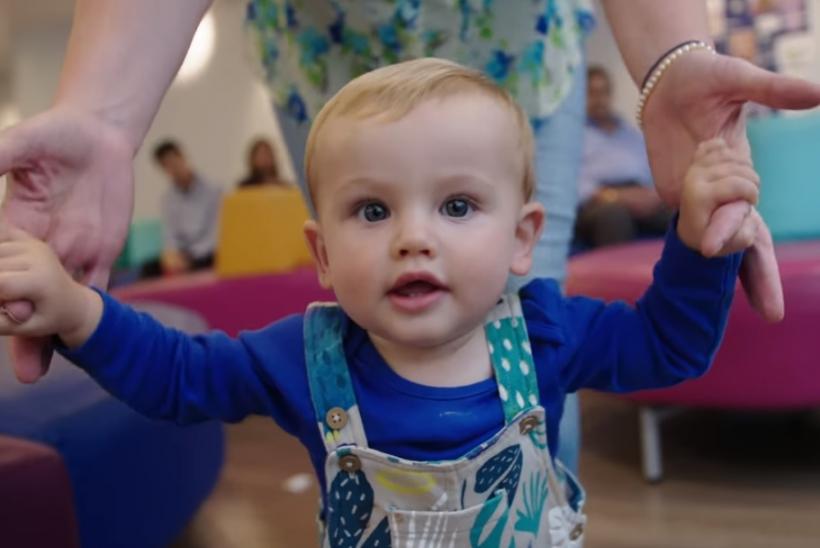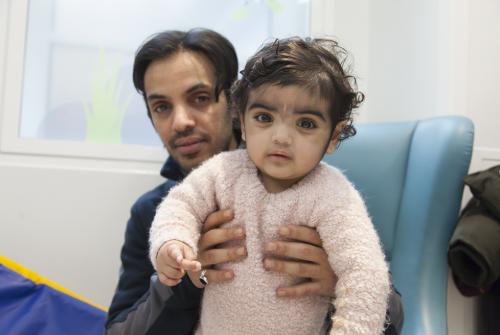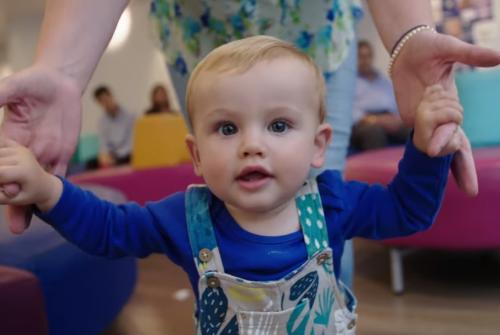Innovation at GOSH

The International Patient Service at Great Ormond Street Hospital (GOSH) cares for seriously ill children from around the world. Our team of extraordinary nurses provide lifesaving care for children who would otherwise be unable to receive it.
We work together as 'One Team' to innovate and lead on new clinical practices. The structure of our service in the hospital means that it acts a unique microcosm of GOSH as a whole, allowing a number of innovative projects to either be led or trailed by our teams.
As a member of the nursing team, you will be at the forefront of medical innovation at GOSH.
Innovations at GOSH
Within the International Service, we endeavour to involve all our staff, irrespective of role or grade, in service improvements. We strive hard to listen and ensure that service improvements are collaborative and everyone, staff and patients alike, have a voice and a part to play.
A significant project undertaken by the team was to improve outcomes for the acutely unwell child. We aimed to decrease adverse events in patients resulting from unexpected deterioration. This was achieved by introducing ‘safety huddles,’ a situational awareness tool into the inpatient ward as well as improving accuracy related to Early Warning Scores (EWS). A safety huddle is a meeting, which presently convenes twice daily, by the patient board, for around 5-8 minutes. The multidisciplinary team, together flag and escalate specific patient risk factors and identify the sickest patient on the ward. This results in timely actions which mitigate risk, such as repeating observations, escalation to the clinical site practitioners or a review by one of the medics.
The safety huddle:
• Improves communication between healthcare professionals
• Improves collaborative working in the recognition and management of the deteriorating patient
• Empowers individuals to speak up about patient care, enabling patients and families to become partners in care
• Improves safety culture (knowledge, awareness and teamwork)
Within the International Service the safety huddle has directly influenced how the inpatient clinical team work together and, importantly, maintains an accurate picture of the clinical status of each patient, particularly if the patient’s status changes through the day.
Due to our rare and complex patient mix, we have led on certain treatments, such as:
- GOSH's first gene therapy for Cerebral adrenoleukodystrophy insufficiency apheresis
- Leads of SDR surgery
- In partnership with the brain directorate led on the development of the neurosugery treatment laser ablation
- Plasmapheresis for neuromyelitis optica
- ECP (extracorporeal photopherisis) treatment in GVHD post BMT


